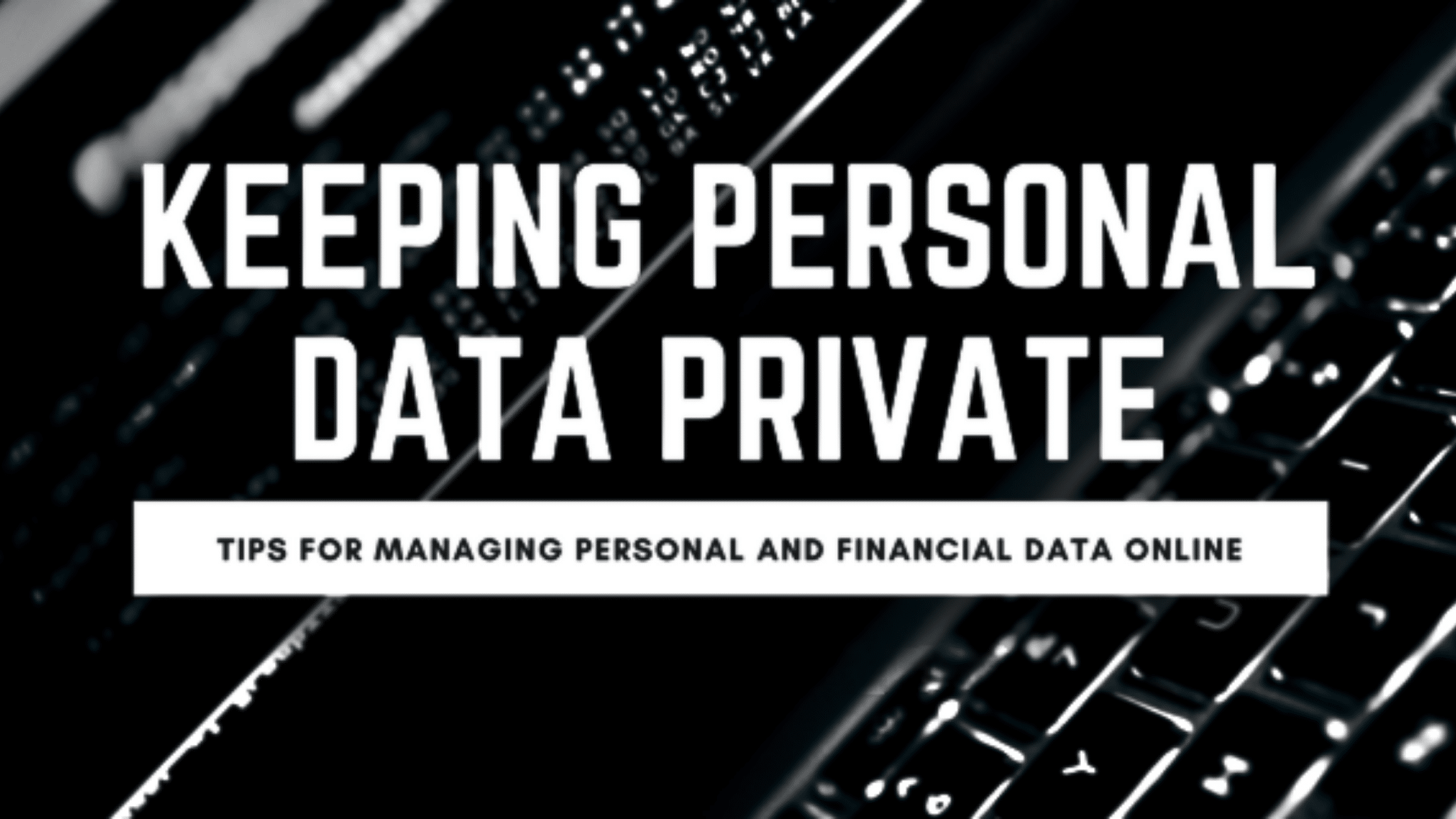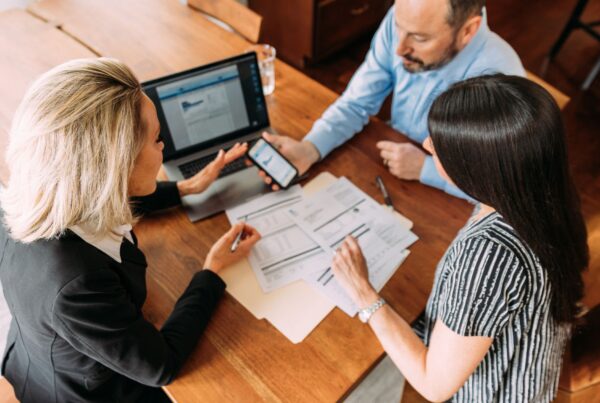Just because you’re paranoid doesn’t mean they aren’t out to get you. Recent events in social media have shed a bright light on the importance of protecting information online. At the time of this writing, Facebook is suffering a PR nightmare due to a massive breach of user privacy. Corporations, governments, malicious persons or groups, and others are all actively trying to gather data. More disturbing is the likelihood of additional perpetrators yet to be named. Americans and internet users abroad are potential targets for exploitation each time they connect.
Millions of cyber-attacks occur each day. Additionally, countless marketing agencies and others entities are working around the clock to gather as much data as possible. Your online security is your responsibility; take action to keep your personal information safe. A multitude of different prevention and response tools are available yet primarily, online privacy is the responsibility of the user. Hackers are creating new methods for obtaining data each day. Make yourself a difficult target to hit and take measures to block them. The following steps can help protect personal and financial information.
Lock Devices and Laptops
Phones, computers, and tablets are easily left behind in public spaces. These often come with the option for enabling a passcode for protection but it takes a conscious decision to use it. Unfortunately many choose not to, leaving countless devices open to exploitation by anyone with access. Email, personal data, and financial information are commonly kept on devices. While entering a passcode or password may feel tedious now, repairing the potential fallout from a data compromise may prove exponentially less pleasant.
Change Passwords Often
Strangers don’t need access to your bank or personal information. Help prevent their access by utilizing strong passwords, and changing them often. Tech experts recommend changing passwords at least every 6 months, and that’s in the absence of a breach. If a password is compromised, or simply suspected to be so, it’s recommended it be changed immediately. Password character demands are making it increasingly challenging to create and recall passwords of the necessary complexity. Password generation and storage sites, such as LastPass, can manage this task on your behalf.
Log Off
Passwords and locks are ground-level defense from hackers, yet doors only worked when locked. After using a device or computer, be sure to log out of apps and browser windows to help secure data. Left open, the data within is available for anyone to access. This is incredibly important when using shared computers, and working in a public space. To help improve security, powering down laptops and other devices when not in use can limit opportunities for malicious access. Be sure to utilize all possible privacy settings available through your web browser and device for added protection.
Monitor Credit Reports
Obtaining a credit report is different than obtaining a credit score. A credit report is an assessment of your current credit situation: credit requests, loans, history and more. Monitoring credit on an active basis can help with spotting suspicious activity early. A hacker opening a credit card with stolen data is likely to leave a record on the credit report. This can help prompt users to quick action, limiting potential damage to credit and more. Credit reports are available across the web at no cost and through paid services.
Watch Bank Accounts
Bank accounts are easier to monitor than a credit report, as users can simply log in to check balance and transaction history at their leisure. Watching bank, credit, and other financial accounts for unexplained transactions can help uncover a potential breach of data. In cases of suspicious bank account activity, contact your bank immediately for assistance. In many cases, the bank will be able to reverse the suspicious charges and prevent others from taking place.
Don’t Overshare Information
Beyond gaining access to personal and financial information through account and profile intrusion, many victims of cyber-attacks are unwitting accessories to the crime. Packing an online profile with an excess of personal information places it on the web for all to see. As recent events demonstrate, simply having the information is online can be enough for others to exploit it. It may not always be up to the user whether their profile information remains private, becomes aggregate marketing data, or more.
Watch for Traps
Through phone calls and email, scammers target Americans each day. Posing as government agencies, foreign nationals, distant family members and more, these entities try to gain access to personal information, often in the form of financial and account information. Staying vigilant can help with avoiding these traps. Emails with suspicious headlines, or from unrecognized senders, should be treated with cautions. Exercise extreme caution downloading email attachments or clicking on links. If unsure, ask for a return phone number, account details, or any other information a legitimate entity would know. This can help shield from a breach of information.
Breaches of data can have reaching consequences. Damaged credit, lost savings, and costly litigation represents just a portion of potential challenges to overcome following a compromise of personal information. Millions of people fall victim to cyber-attacks each year. Building a formidable defense can help reduce the changes you’ll become one of them. For more tips on money matters, visit OverlandShanahan.com.
The opinions voiced in this material are for general information only and are not intended to provide specific advice or recommendations for any individual.
[/vc_column_text][/vc_column][/vc_row]




